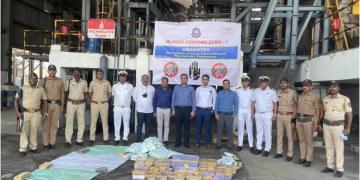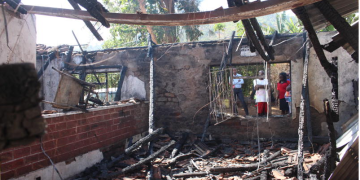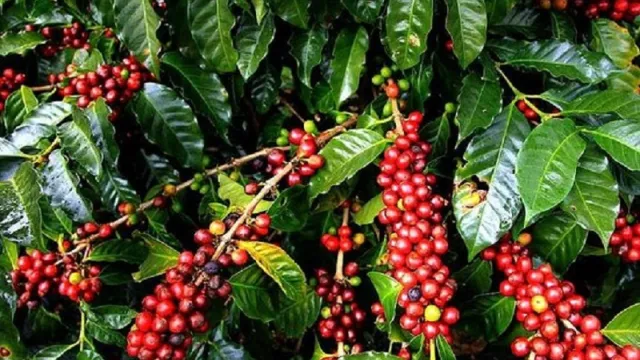Kenya’s coffee industry is on the brink of a major transformation following the groundbreaking of a Coffee Training Centre (CTC) at the Kenya Agricultural and Livestock Research Organization (KALRO)-Coffee Research Institute (CRI). The center is expected to play a critical role in enhancing skills and knowledge across the coffee value chain.
The CTC will serve as a hub for training in various aspects of coffee production and trade, including green coffee quality control, cupping, roasting, blending, brewing, packaging, and entrepreneurship. This initiative is expected to empower coffee professionals, creating job opportunities and fostering economic growth in the sector.
“This training center will equip coffee professionals with essential skills while creating new opportunities for job growth and economic advancement. Strengthening capacity at all levels of the coffee value chain is crucial for long-term success,” said Leonard Kubok, Deputy Director at the State Department of Agriculture.
The CTC aims to enhance linkages between farmers, cooperatives, traders, and international buyers, ensuring that Kenyan coffee retains its premium global standing. This move is part of broader efforts to boost the sector’s competitiveness and sustainability.
The groundbreaking event also marked the successful completion of the Action to Re-Launch Agriculture and Branding Internationalization of Kenyan Coffee in and out of Africa (ARABIKA) Project. This initiative has been instrumental in revitalizing coffee farming in Kenya, focusing on quality improvement, sustainability, and better governance.
John Mutunga, Chairman of the Agriculture Committee in Parliament, highlighted the project’s achievements, stating, “The ARABIKA Project has transformed coffee farming by emphasizing quality, sustainability, and governance, positioning Kenyan coffee for greater international recognition.”
A key milestone of the project was the training of farmers in cupping techniques, allowing them to assess and enhance the quality of their produce. The initiative has also equipped coffee growers with advanced production techniques, strengthened market linkages, and improved industry standards.
“Farmers now possess critical knowledge and tools to sustain high-quality coffee production while expanding global market access,” noted Lorenza Gambocorta, Deputy Head of Mission at the Embassy of Italy.
Embracing Sustainability and Digital Innovation
Sustainability has been a core focus of the initiative, incorporating climate-smart agricultural practices, effective disease control, and eco-friendly post-harvest methods. Coffee cooperatives have also received training in governance and management, improving operational transparency and efficiency.
A major component of the project was the digital mapping of coffee farms, enhancing traceability and enabling data-driven decision-making. These efforts have contributed to the development of traceable Kenyan coffee brands, ensuring their competitiveness in high-value international markets.
“We have dedicated ourselves to equipping Kenyan coffee farmers with the necessary skills, technology, and resources to compete effectively in the global market,” said Valeria Buoninfante, Acting Director at AICS.
The establishment of the Coffee Training Centre and the achievements of the ARABIKA Project signal a new era for Kenya’s coffee industry. By investing in training, sustainability, and digital innovation, the sector is poised to reclaim its position as a global leader in premium coffee production. The commitment to quality and enhanced market linkages will not only benefit farmers but also strengthen Kenya’s coffee brand on the international stage.











































